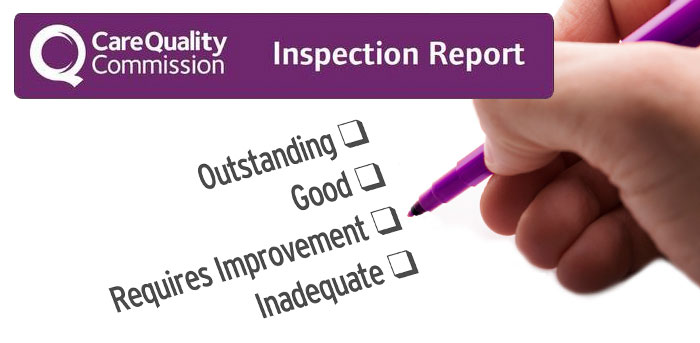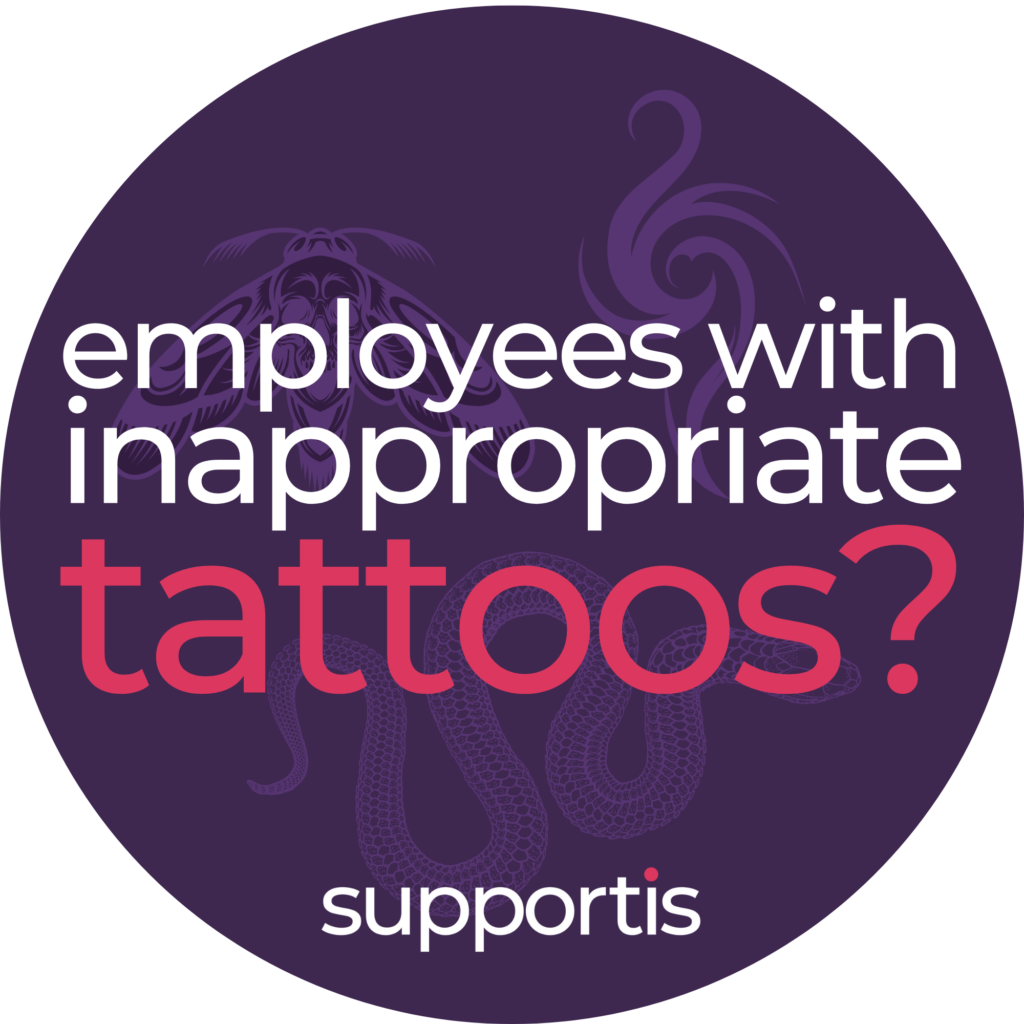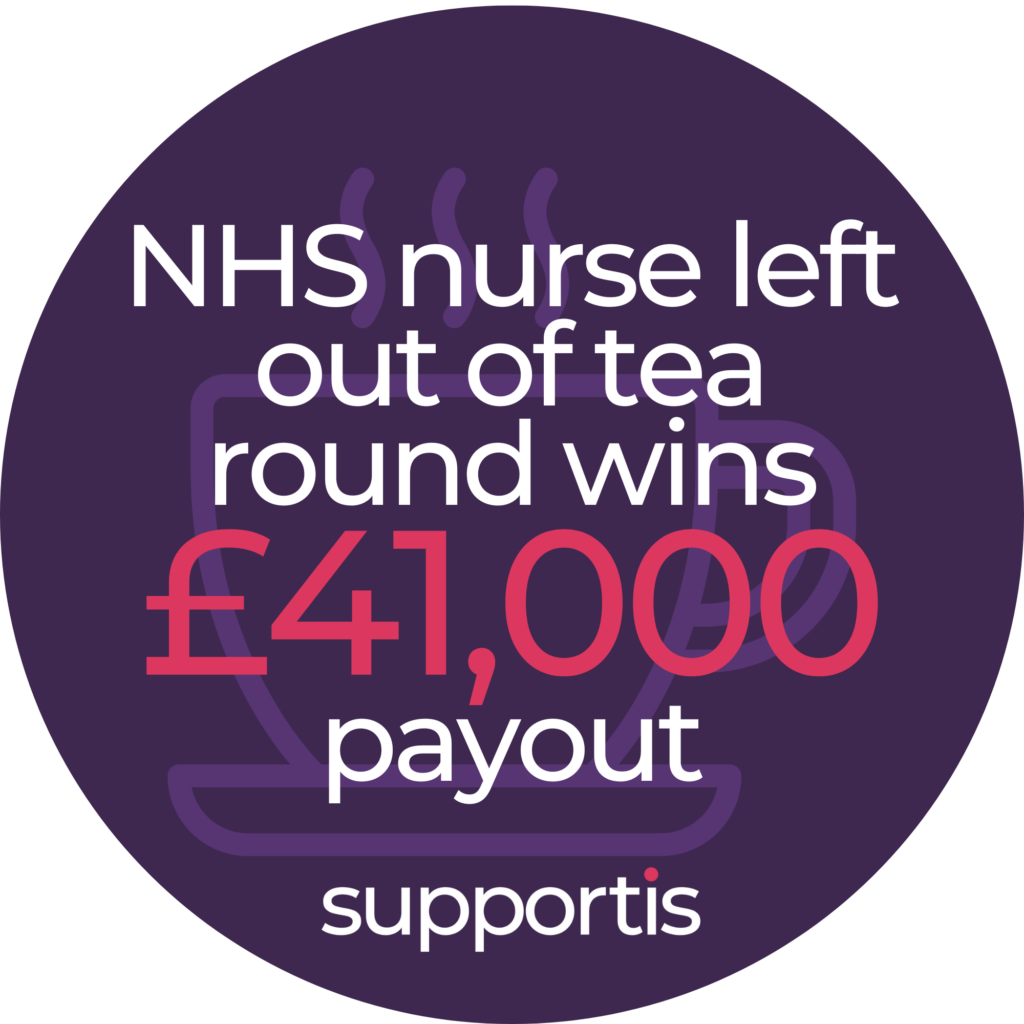WHAT IS CQC?
The CQC (Care Quality Commission) is the independent regulator of health and social care in England. They ensure that health and social care services such as care homes are providing their service users with effective, compassionate, safe and excellent care and they encourage service improvement. They register care providers, monitor, rate and inspect services, and take protective action for service users through advocating for change on major quality issues. The CQC protect vulnerable people’s rights and their values include teamwork, integrity, caring and excellence.
WHEN AND WHY ARE INSPECTIONS HELD?
The CQC undertakes two types of inspections:
COMPREHENSIVE INSPECTIONS which are held regularly to ensure services are providing care that is responsive to people’s needs, effective, caring and safe. They are typically unannounced, although there are circumstances where the provider will be notified beforehand e.g. a small residential service may be contacted 48 hours prior to inspection to check that people are at home or up to a week’s notice may be given to very complicated community services where careful planning is needed.
They are held at the following intervals:
Services Rated as Good And Outstanding – normally within 30 months of the last comprehensive inspection report being published.
Services Rated as Requires Improvement – normally within 12 months of the last comprehensive inspection report being published.
Services Rated as Inadequate – normally within 6 months of the last comprehensive inspection report being published.
Services That Are No Longer Dormant – the first comprehensive inspection will normally be scheduled between 6 to 12 months from the date the service starts operating again.
Newly Registered Services – for brand new services, the first comprehensive inspection will normally be scheduled between 6 to 12 months from the date of registration. If a service was previously operated by another provider, or at a different address, the inspection will be normally be scheduled based on the location’s last inspection report publication date and rating or within 12 months of registration, whichever is the later date. For more information on why and when we continue the regulatory history (report and rating) of a service, see the guidance on our website.
FOCUSED INSPECTIONS are smaller in scale than comprehensive inspections, although they follow a similar process. Focused inspections are carried out either to investigate concerns which have been raised at a comprehensive inspection or if there is a change in a care provider’s circumstances such as a merger, acquisition or takeover.
WHAT IS BEING INSPECTED?
The CQC will focus their inspection on their five key questions based around the welfare of the service user:
- Is the service user safe, protected from abuse and avoidable harm?
- Is the care, treatment and support effective, achieving good outcomes and helping the service user to maintain quality of life?
- Are the staff caring, treating the service user with compassion, kindness, dignity and respect?
- Is the service well-organised and therefore responsive to people’s needs?
- Is the service well-led to provide the best quality care that encourages learning and innovation and promotes an open and fair culture?
Each of these five questions above is broken down into more in-depth questions that the CQC refers to as their ‘key lines of enquiry’. This ensures consistency in inspections and ensures that all the key areas are covered.
HOW TO PREPARE FOR YOUR CQC INSPECTION
Here are our top tips to prepare for your CQC inspection:
- Implement and utilise a service user feedback form – this ensures we can understand how people experience your service
- Identify a suitable area on your premises that we can undertake document reviews and private conversations in, this could be a room temporarily
- Nominate someone to undertake introductions of inspectors to staff and service users and ensure they are available to accompany the inspector if this is needed
- Ensure you have means of contacting the Registered Manager if they were not around when the inspection takes place
- Consider how you can ensure that your business can continue its usual activities so that care is not disrupted during the inspection
- Ensure staff understand we don’t have the same expectations of understanding and knowledge for all staff members
- Ensure you are ready to produce documentation during the visit – you will be allowed 48 hours to produce these if there is a valid reason they cannot be produced on the day
- Maintain a folder that sets out to staff where they could quickly access information such as health and safety and training records
- Keep your records, such as training records, up to date
- Ensure that service users and staff understand why the inspection is taking place and what to expect (as set out below)
WHAT TO EXPECT FROM THE INSPECTION?
Stage One
The inspector or inspection team will meet senior staff and explain who they are, the purpose and scope of the inspection, and how findings will be communicated. If acute hospitals or GP services are being inspected, the inspection will begin with a presentation by the care provider in which they will give their own views of their performance.
Stage Two
The key lines of enquiry are explored through:
- Conversing with service users, alone and in groups
- Using information collated from concerns and complaints from service users
- Observing care and focusing on individual care pathways
- Inspecting records and the environment of the care
- Policy and document review
Stage Three
A feedback meeting will be held with senior staff and the inspection team will:
- Summarise the findings of the visit
- Identify any issues that have arisen from the inspection
- Highlight any immediate action that the service provider needs to take immediately
- Outline plans for future visits
- Explain how judgements will be made and published
Areas where the service is excelling or could be improved will be focused on particularly. Please note that inspections vary from service to service however the inspection above is based on a typical visit.
Stage Four
After the inspection, a report is produced by the lead inspector to include ratings which reflect the CQC’s findings and overall judgement of the quality of the care. The report will include what the findings from the key lines of enquiry mean for service users. Pertinent findings, whether positive or negative, will be detailed along with any regulation breaches found. Recommendations will be made to assist the provider in improving their rating.
WHAT TO DO IF YOU FAIL AN INSPECTION?
The service provider will be rated as either Outstanding, Good, Requires Improvement or Inadequate, with each of the five key questions having a separate rating.
By law, you have to display the ratings from the CQC in the places you provide the care somewhere that is easily seen. If you have a website, you must display your rating on the website. When you receive your report after the inspection, you must respond to any areas of concern identified during the inspection and create an action plan to improve and address the issues.
The CQC will follow up on action that the service provider has been advised to take. This can be in the form of contact or re-visiting the service to undertake a focused inspection.
If your ratings require improvement, the CQC can:
- Issue requirement notices or warning notices to set out improvements that must be made and a timeframe for this to be implemented
- Change a service provider’s registration which can limit what the service provider may do e.g. imposing conditions for a set timeframe
- Putting a provider in ‘special measures’ where they are closely supervised to assist in improvement of the service in a set timeframe
- Issue cautions, fines and prosecute cases where people are harmed or placed in danger of harm
If you fail an inspection, you should comply immediately with any recommendations for change that have been made. You should follow the advice and guidance set out above and you can seek further guidance here:




